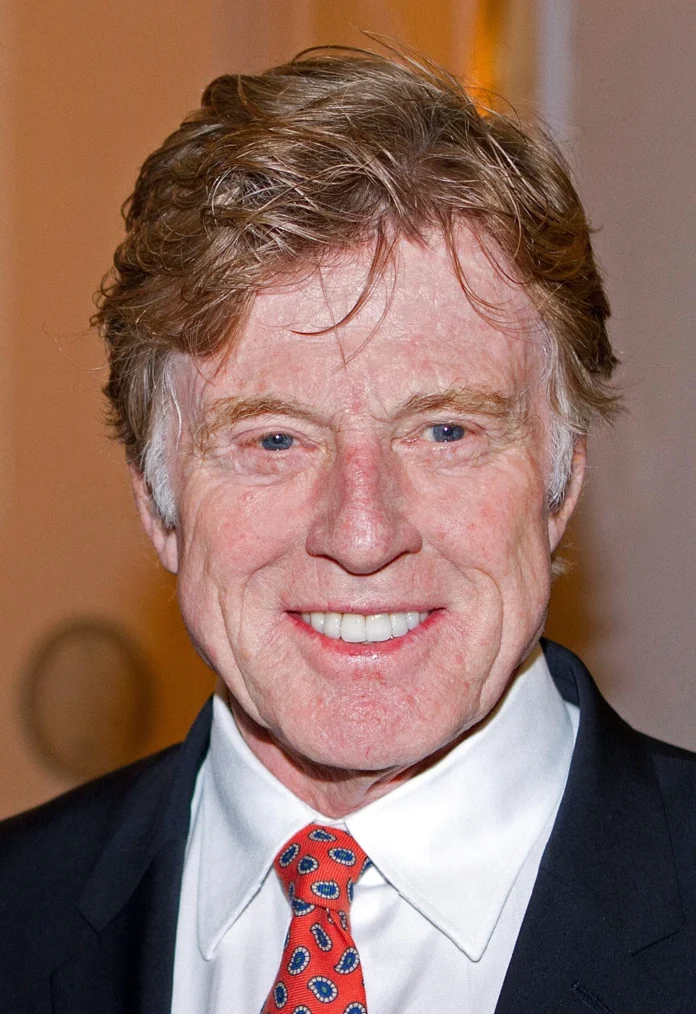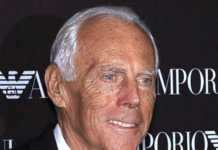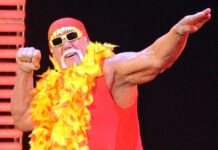
Robert Redford, the actor, director, and founder of the Sundance Film Festival, died on September 16 at his home in Utah. He was 89. His family, through his publicist, said he passed away peacefully in the mountains he cherished, surrounded by loved ones.
Born Charles Robert Redford Jr. in Santa Monica, California, on August 18, 1936, he grew up with an early interest in art before discovering acting. After a brief period studying painting, he moved into theater training at the American Academy of Dramatic Arts in New York. Early television credits included The Twilight Zone, Alfred Hitchcock Presents, and The Untouchables. His first major break came on Broadway in Neil Simon’s Barefoot in the Park, which he later reprised in the 1967 film version alongside Jane Fonda.
Redford became a star in 1969 with Butch Cassidy and the Sundance Kid, where he played the Sundance Kid opposite Paul Newman. The pair reunited in The Sting four years later, and the film’s popularity cemented Redford as a top box office draw. Throughout the 1970s, he appeared in Jeremiah Johnson, The Way We Were, The Candidate, and All the President’s Men, a film he helped bring to the screen that dramatized the Watergate investigation.
He stepped into directing with Ordinary People in 1980, which won the Academy Award for best picture and earned him the Oscar for best director. Redford went on to direct A River Runs Through It, Quiz Show, and The Horse Whisperer, often balancing his work behind the camera with occasional acting roles in films like Out of Africa and The Natural.
In 1981, he founded the Sundance Institute, which later launched the Sundance Film Festival. What began as a small event in Park City, Utah, grew into one of the most influential showcases for independent cinema, providing a platform for filmmakers whose voices were often overlooked by Hollywood. Many careers were launched through Sundance, including directors Steven Soderbergh and Quentin Tarantino.
Redford’s influence extended beyond film. He became a consistent advocate for environmental causes, political reform, and opportunities for new artists. In 2016, President Barack Obama awarded him the Presidential Medal of Freedom, calling him a cultural figure whose impact stretched far beyond the screen.
Even in his later years, Redford continued to surprise audiences. In 2013’s All Is Lost, he delivered a nearly wordless performance as a sailor struggling to survive alone at sea. Five years later, he played an aging bank robber in The Old Man & the Gun, which he described as his farewell to acting.
He is survived by his wife, Sibylle Szaggars, and two daughters, Shauna and Amy. Two of his sons, Scott and James, predeceased him.
Tributes have poured in from across the industry. Jane Fonda, Meryl Streep, and Leonardo DiCaprio praised both his artistry and his advocacy. For audiences, Redford was not only a screen icon but also a voice for independent creators, leaving a legacy that reshaped American film.
Image is in the public domain and was created by the U.S. Embassy photographer JP Evans







